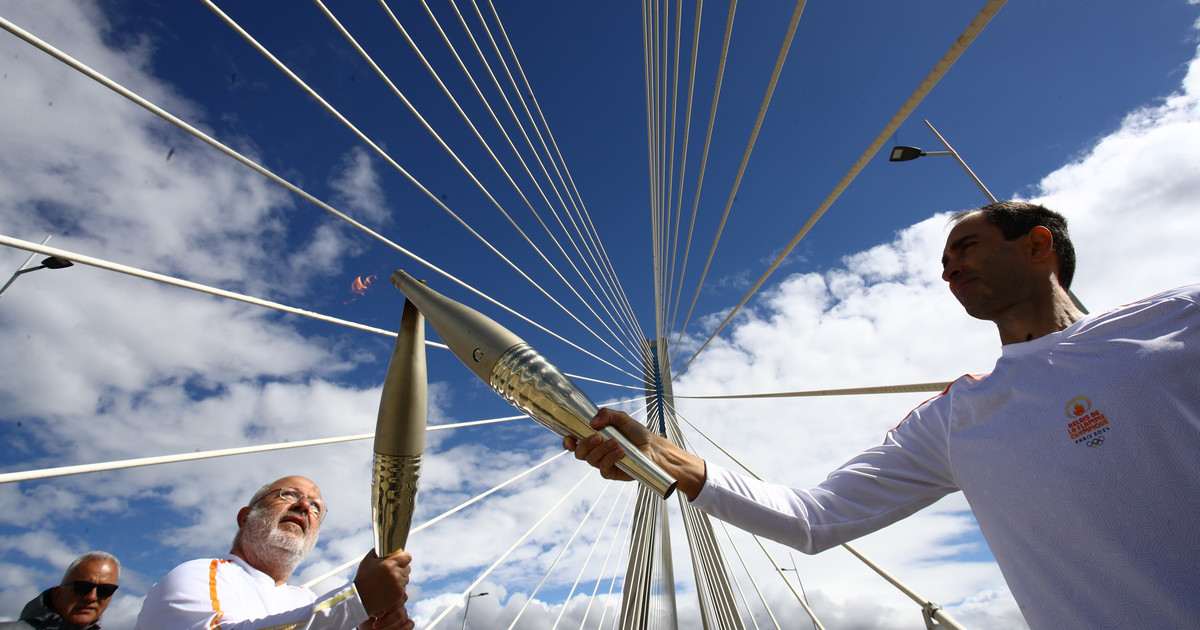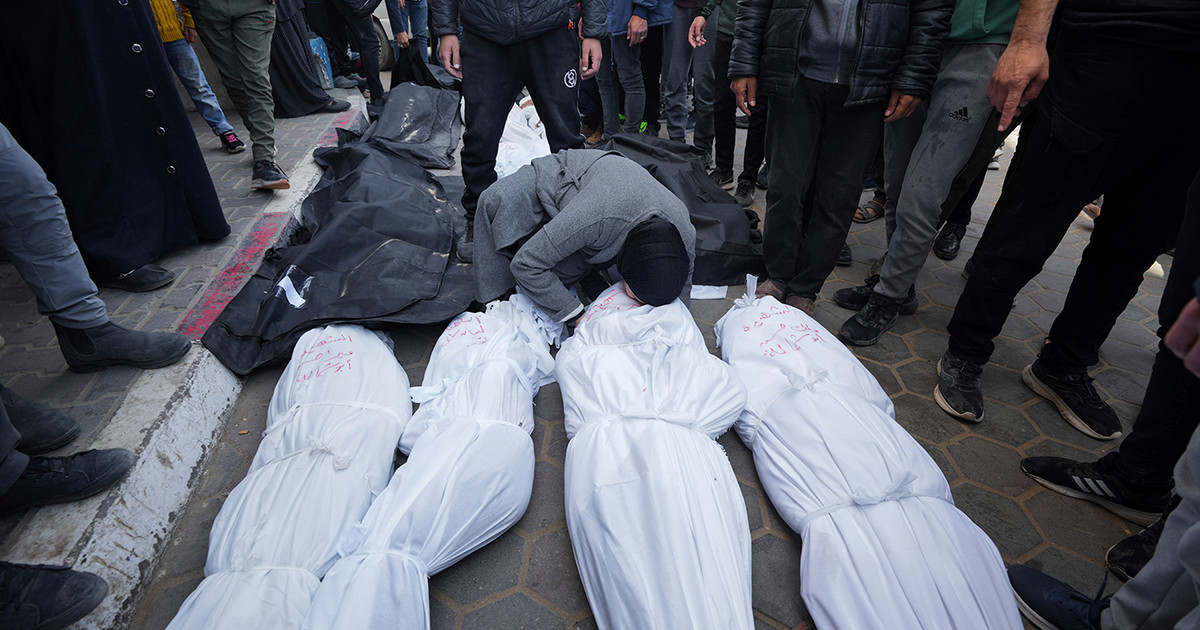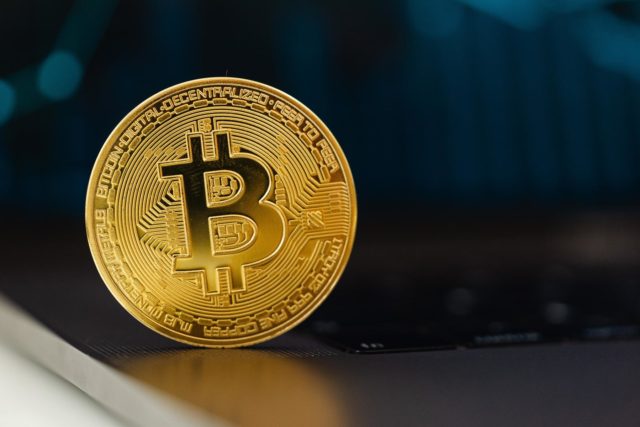The agenda of the summit has been set for weeks: Climate change, clean energy, health, democracy, digitization and, above all, immigration are what the heads of state and government of the American continent want to discuss. at their ninth meeting in Los Angeles from June 6 to 10, according to Handelsblatt. What is not yet known, however, is the list of participants. Targeted non-invitations, threats and boycotts could turn the meeting into a prank and public relations fiasco for US President Joe Biden.
At the heart of the issue is the question whether or not the participation of the three left-wing nationalist and socialist states, Nicaragua, Venezuela and Cuba, should be allowed. The White House has made it more or less clear that Heads of State Daniel Ortega, Nicolas Maduro and Miguel Dias-Canel are not welcome due to “contempt for democracy”.
This, in turn, has put Mexico, in particular, on the alert. President Andrés Manuel López Obrador, who is not usually considered a fan of the summit, has now become an advocate for those who have not been invited. He wants to stay away from the summit, which begins on Monday with preliminary talks, as a sign of protest if the US insists on its decision.
Bolivia and Argentina initially joined the boycott, with Argentine President Alberto Fernandes stepping down at the end of the week and agreeing to participate. In addition, Guatemalan President Alejandro Giammattei is staying away from the meeting for bilateral reasons.
He is angry that Washington has put Attorney General María Consuelo Porras on a sanctions list for allegations of corruption. At least the head of state of Brazil Jair Bolsonaro announced his participation after many hesitations.
The summit was supposed to highlight Washington’s new commitment to Latin America and deliberately signal the difference with Biden’s predecessor, Donald Trump. Trump was the first US president to stay away from the American Continent Summit, which brings together leaders from Canada to Chile about every three years.
The United States has long regarded Latin America as its “backyard.” Bill Clinton hosted the first US Summit in Miami in 1994, to which all countries except Cuba were invited. After being eliminated from the first six meetings, Havana was invited to the last two in Panama and Peru.
It is therefore understandable that the re-blockade of the island and other states is provoking resistance in Latin America. In addition, it shows the growing self-confidence of some states, especially Washington, which for many decades regarded Latin America as its “backyard” and treated it as such.
“Latin American governments want to show Washington that it is no longer sitting at the head of the table and that this is a peer-to-peer summit,” said Brian Winter, publisher of Americas Quarterly, a magazine covering US policy in the hemisphere. . “Uncle Sam should no longer be able to decide unilaterally who is on the guest list.”
But in a divisive summit, it would be difficult to deal constructively with the pressing challenges facing the continent. It is, on the one hand, the widespread economic downturn caused by the pandemic, the galloping inflation, but also the continuing issues of environmental degradation, the dismantling of democratic institutions and the simultaneous rise of right-wing populists, as well as the issue of dealing with refugees. , especially in Central America, Mexico and the USA.
Especially here, without the participation of the presidents of Mexico and Guatemala, any regional agreement on immigration in Los Angeles would remain smoke and mirrors, because both states, along with Honduras, represent the majority of immigrants. In addition, an agreement on the issue is also important for Biden on domestic policy ahead of the November midterm elections.
Moreover, the far-right leader of Brazil, Zaire Bolsonaro, who had long left his participation open, will now take part in the summit. He was Trump’s closest ally in Latin America, and diplomatic relations have been rather cold since Biden took office. This is due to the fact that the US strongly criticizes Brazil’s environmental policy, in particular the deforestation of the Amazon.
Now, however, bilateral talks are even scheduled between the two heads of state in Los Angeles. Bolsonaro’s absence would undermine any significant progress on two other important Biden’s foreign policy goals: climate change and the defense of democracy.
Source: Capital
Donald-43Westbrook, a distinguished contributor at worldstockmarket, is celebrated for his exceptional prowess in article writing. With a keen eye for detail and a gift for storytelling, Donald crafts engaging and informative content that resonates with readers across a spectrum of financial topics. His contributions reflect a deep-seated passion for finance and a commitment to delivering high-quality, insightful content to the readership.






